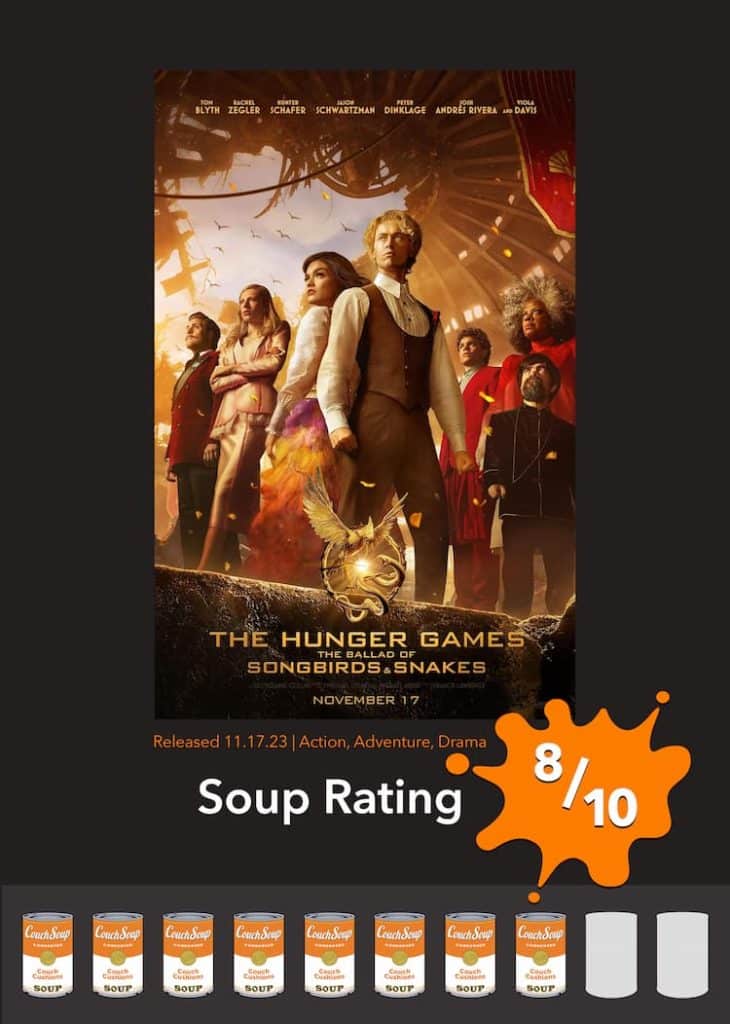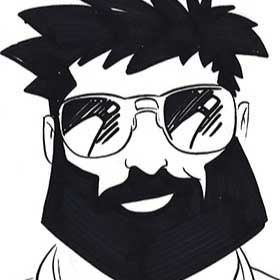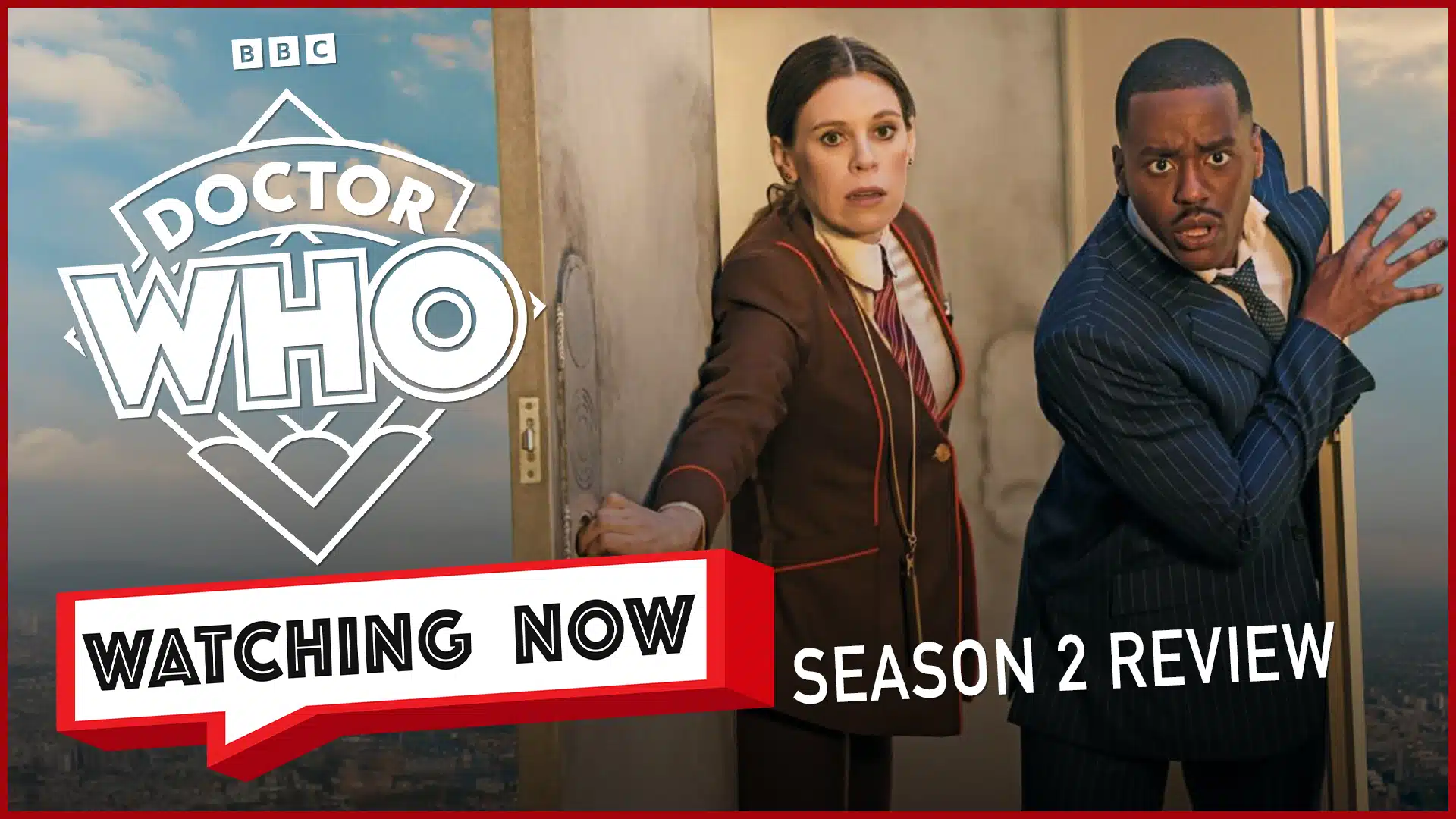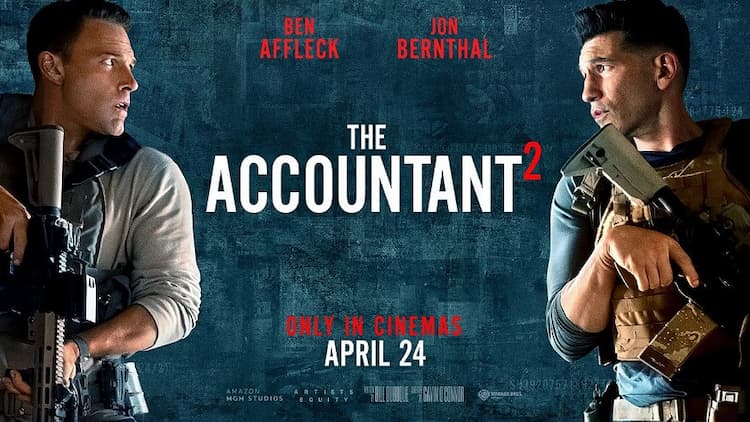- Home
-
Games
-
Movies & TV
-
Videos
- Comics & Books
- Podcasts
- Store
- Who We Are
- ---
- Login
- Account
- Our Circle
- Contact Us
- ---
- WANT TO CONTRIBUTE?
- Privacy Policy
- Terms of Service
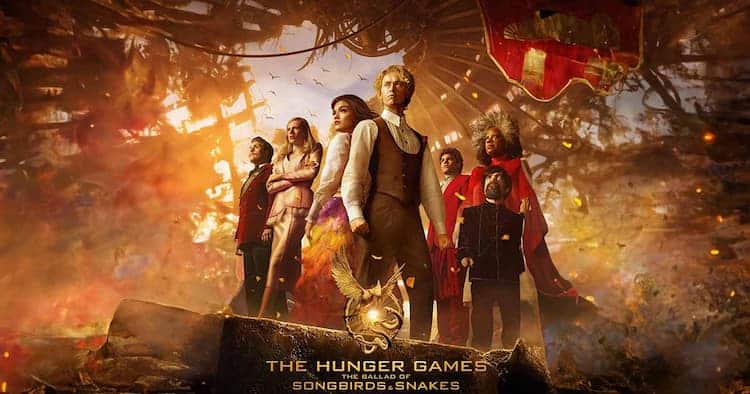
When you think of Young Adult dystopian stories, you think of The Hunger Games. The series created by Suzanne Collins back in 2008 has been a juggernaut in both books and films. The original trilogy of books and four films are regarded as some of the best dystopian stories of their time. But with the last book, Mockingjay, released in 2010, and the final film, The Hunger Games: Mockingjay – Part 2, released in 2015, fans have been starved for new stories in this world.
But then, in 2020, the prequel novel all about Coriolanus Snow was released, titled The Ballad of Songbirds & Snakes. It sold well, so it was only natural that a film adaptation wasn’t far behind. That brings us to today: The Hunger Games: The Ballad of Songbirds & Snakes has hit cinemas, but is it as good as the original series? Was the story satisfying? Were the characters interesting? Did it look like it fit in with the rest of the films? These are all great questions that I shall answer for you now, starting with the story.
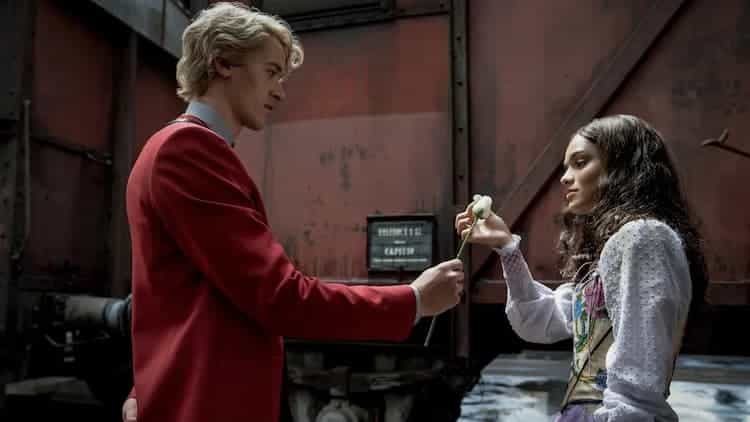
The Ballad of Songbirds & Snakes tells the origin story of President Coriolanus Snow (who I will now refer to as Snow because fuck writing Coriolanus more than I have to) from the original series. Taking place 64 years before Katniss was dropped into the games, the Hunger Games are on the brink of cancellation. No one is tuning in to Panem to watch children kill each other (I’m surprised it took ten years). In hopes of revitalising the games, Casca Highbottom (Peter Dinklage) and Dr. Volumnia Gaul (Viola Davis) have devised a way to get people interested in child murder again. They have Academy students become mentors to the “lucky” tributes for this latest edition of the games. Snow (Tom Blyth) is paired up with Lucy Gray Baird (Rachel Zegler), and together, they must find a way to come out of these games on top.
I was intrigued by this story. I was always curious how Snow became the massive dickwad that we see in the main series, and this new film sheds a bit of light on that. I enjoyed seeing this character in a new light, even if it made me feel slightly sad for the jerk. However, an intriguing story doesn’t save it from shoddy pacing. The first act was decently paced, but the second felt way too long, and the third felt like they were speed-running the story. This odd pacing didn’t ruin the film for me, but it did leave me a tad underwhelmed by the time the credits rolled. I would’ve loved for some aspects of the third act to be explored more, but instead, the second act got a whole rescue mission that didn’t need to be there. I’ve been told the book’s pacing is better, so maybe I’ll feel different after reading it. Overall, it was still a good story, but it could’ve been better. However, I appreciate them not splitting this story into two films. That was a bad idea in the 2010s, and it’s a bad idea now.
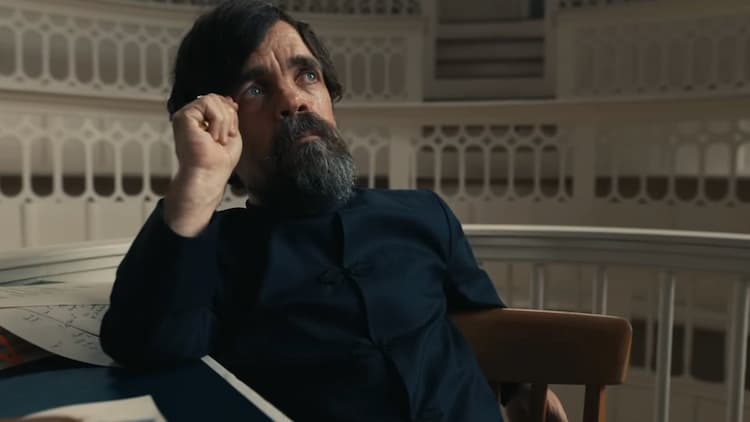
One aspect of the film that was excellent across the board was undoubtedly the cast. Everyone brought their best, and it shows. Snow and Lucy Gray stand out, in particular, thanks to their stories and the phenomenal performances by Blyth and Zegler. Seeing a young Snow start to slowly become the tyrant that everyone loathed was neat. However, there were a few decisions that Snow made that seemed to come out of nowhere and left me a bit confused as to how he made those decisions. Again, apparently, the book explains this better with internal monologues, but those don’t transfer well to film. I didn’t have any of these issues with Lucy Gray (probs because she doesn’t appear in any of the other films), and she was undoubtedly the star of the show. Zegler put in an outstanding performance in both the acting and singing departments. I doubt we’ll see Lucy Gray again, but she at least left a good impression (on the audience and Snow).
It wasn’t just the main characters that left an impression. The supporting cast also did an excellent job bringing their characters to life. However, two in particular stand out: Viola Davis and Peter Dinklage. Viola brought the necessary crazy energy to make Dr Gaul seem genuinely unhinged. The little ticks and how she spoke made me uncomfortable, but I was intrigued about what made her like this. She also just looks creepy with those two different-coloured eyes and crazy scientist hair. Then there’s Peter Dinklage as one of the two creators of the Hunger Games, Casca Highbottom. Peter crushes it here, like in all his other roles (including being a ghost). He plays the slightly intoxicated but serious game-maker well. He did such a good job that I wish he were in more of the film. He’s also the character with the biggest twist at the end, which caught me by surprise, and I loved it.
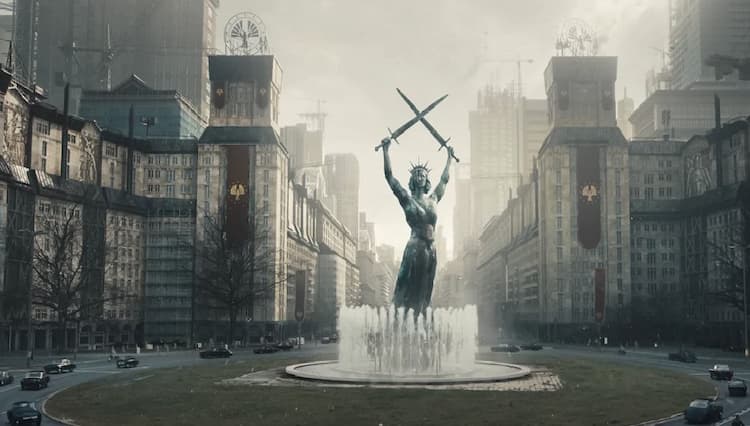
Whenever you make additional films in a series, it’s vital that you make sure the new stuff fits with the old. Things such as having a similar set design and overall tone help fans feel at home, and The Ballad of Songbirds & Snakes does this really well. As someone who enjoyed the original films, this prequel fits right in with the others. The sets are incredible, the costumes are on point, and I believe this is the same world as the original series earlier in its timeline. It also helps that all the sets are visually stunning, with each location looking great. The songs used throughout are also bops, with those sung by Lucy Gray stuck in my head for the past week. The credits song “Can’t Catch Me Now” was also great and perfectly encapsulated the entire film in a single song.
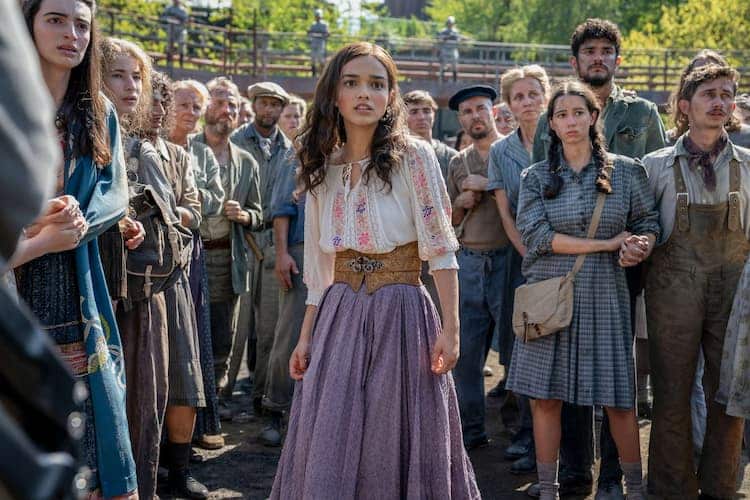
The Hunger Games: The Ballad of Songbirds & Snakes is an enjoyable time filled with great characters and an intriguing story. It’s visually stunning and feels right at home with the other films in the series. While it gets slightly bogged down with some weird character choices and a rushed third act, I still had a great time. If you’re a fan of the originals, you’ll enjoy this return to Panem. And if you’re a newcomer, be prepared to get sucked in.
Have you seen The Hunger Games: The Ballad of Songbirds & Snakes? What did you think? Which song was your favourite? Let us know in the comments where we can talk about how Casca deserved better.
